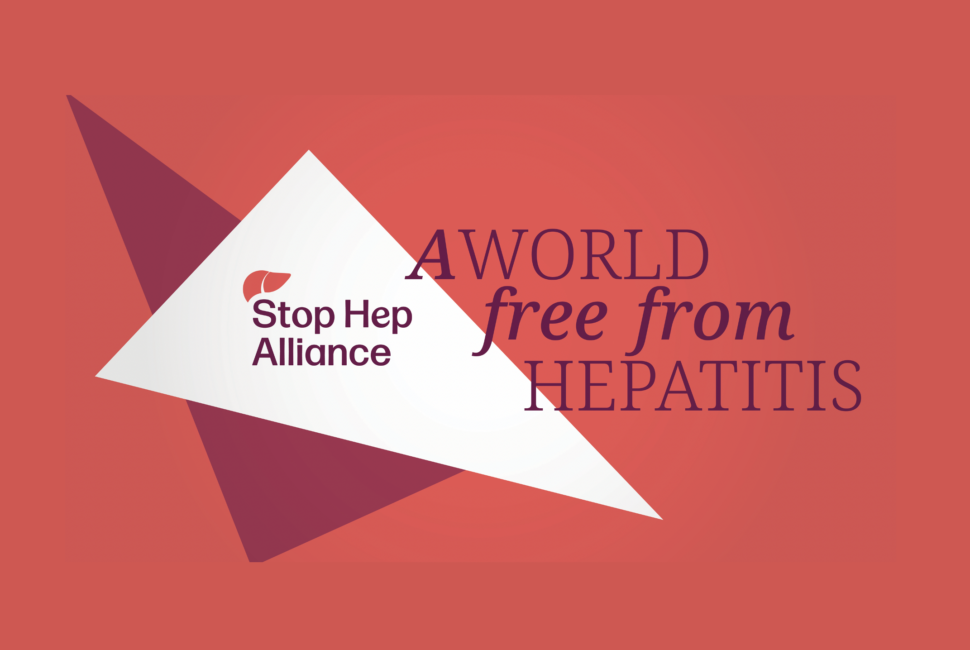ACCESS Health announces the Stop Hep Alliance: Webinar on World Hepatitis Day will mark its launch

On World Hepatitis Day (July 27, 2024), ACCESS Health International’s MENA regional office in Dubai will spearhead the launch of the Stop Hep Alliance through a dedicated webinar. This initiative marks a significant step in the global fight against viral hepatitis. You can register for this webinar here.
The Stop Hep Alliance is a global collective of organizations and individuals dedicated to the elimination of viral hepatitis as a public health threat by 2030. The alliance unites advocates, healthcare professionals, researchers, policymakers, and affected communities to collaborate and drive action. Through comprehensive strategies encompassing prevention, diagnosis, treatment, and care, the alliance aims to reduce the burden of viral hepatitis worldwide significantly.
Our mission is to support countries in developing and implementing national hepatitis action plans, advocating for increased political commitment, and mobilizing resources to meet elimination targets. We provide guidance, share best practices, and foster partnerships to catalyze progress and create a world free from the suffering caused by viral hepatitis.
The Alliance will be led by Dr. Hala Zaid, Regional Director of ACCESS Health MENA and former Egyptian Minister of Health and Population, who led a large scale Hepatitis C elimination program in the country.
Webinar Details
This webinar will serve as the official inauguration of the Stop Hep Alliance. By participating and sharing the event, attendees will help elevate the efforts to eliminate hepatitis and save millions of lives. Join us on 27th July 2024, from 2:00-3:00 CEST, to be a part of this critical initiative. The detailed agenda for the webinar can be found here.
Prevalence of Viral Hepatitis
In 2016, the World Health Assembly introduced the Global Health Sector Strategy (GHSS) 2016–2021 on viral hepatitis. This strategy aimed to eliminate viral hepatitis B and C infections as a public health problem by 2030, with a defined reduction of 90% in incidence (95% for HBV and 80% for HCV) and 65% in mortality, compared to the 2015 baseline. The subsequent GHSS 2022–2030 combined HIV, viral hepatitis, and STI elimination goals into a comprehensive strategy. It expanded the concept of eliminating viral hepatitis and set clear impact targets and programmatic goals for 2025 and 2030. This strategy also established criteria for country validation of elimination and provided a roadmap for achieving elimination.
Despite these efforts, global progress towards elimination targets remains slow. While countries like Egypt, Georgia, and Rwanda have made remarkable strides toward meeting hepatitis elimination targets, several heavily affected countries still show little significant progress. This lag threatens to adversely impact global targets.

